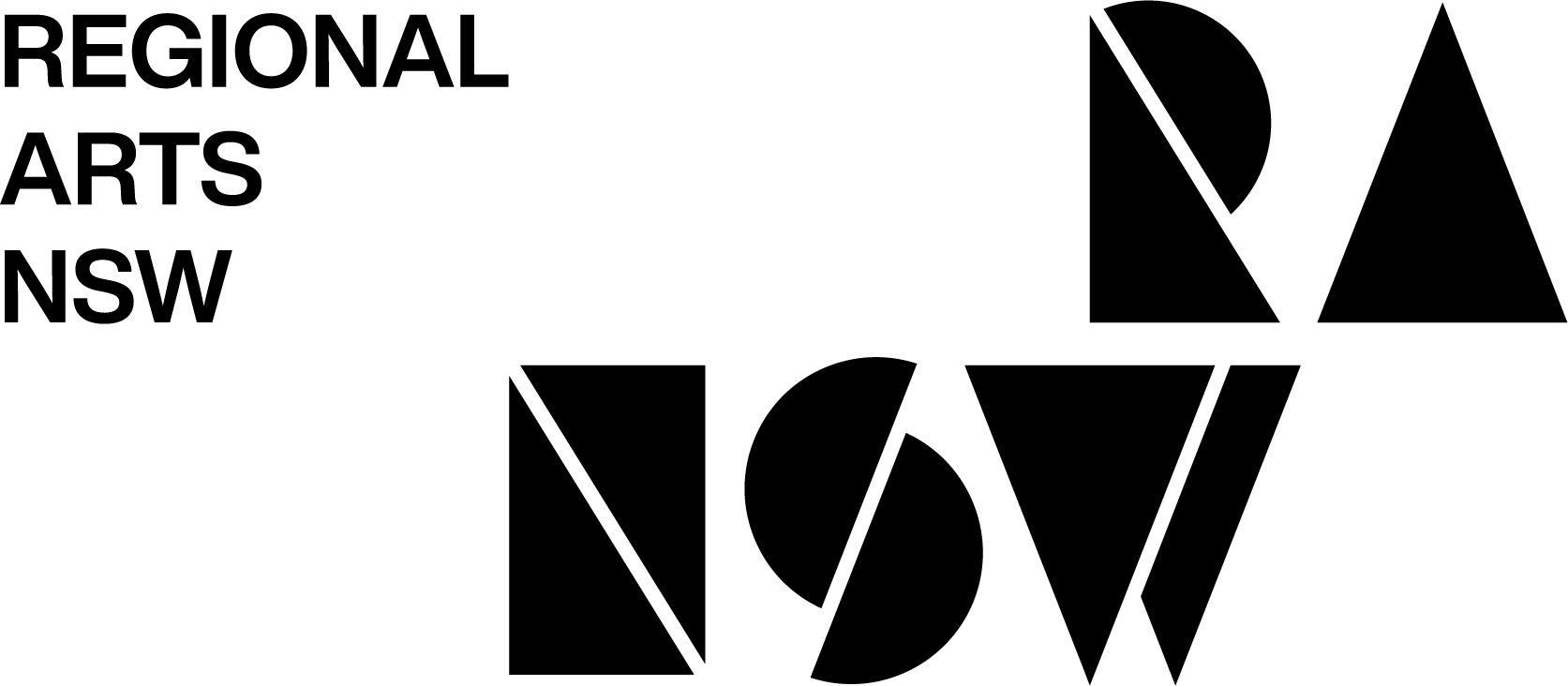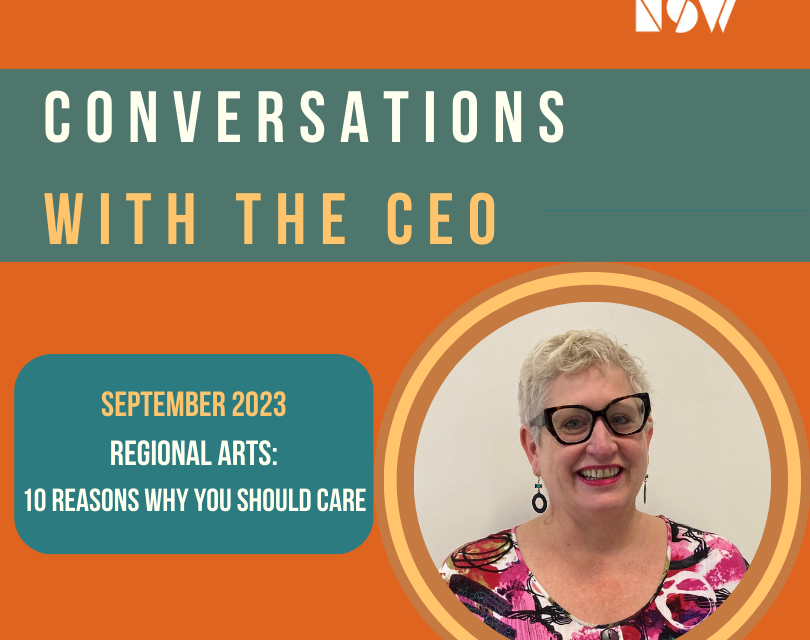If you’re reading this little piece of commentary then there’s a fair chance that you might already think that supporting the arts in our regional places matters. And yet, the arts is too often sidelined in terms of funding, omitted in strategic plans, failing to be respected as a driver of people moving to regional places or choosing to stay there, or recognized as contributing to the economic, social and cultural wellbeing of places. It’s easy to blame the decision makers who neglect to include the arts in regional plans, but maybe we also need to look at ourselves as a sector and get a whole lot better at showing why we believe the arts to be a major factor in all of these areas. So here are ten thoughts on making the case for why supporting the arts in regional locations is important:
1: Use the data
There’s nothing like a robust set of statistics to back up your argument. We need to get better and collecting and analyzing data and using it to show how the arts makes a difference.
2: Stories are data too
The example of how someone’s life changed because of the arts cannot be underestimated. Qualitative data can be really strong way of showing importance. And photos. And diagrams. We need to communicate with a variety of audiences so let’s use a range of tools to make our case for the arts.
3: Don’t be afraid to talk about the money
There’s not too many of us that got involved in the arts because we thought we’d get rich that way, but just because we may be personally motivated by the intrinsic value that comes from arts practice, that doesn’t mean that we should shy away from showing that the arts can make a valuable contribution to the economic wellbeing of our regional communities.
4: Livability
Yes, when people are considering living in a regional place they will want to check out employment, education and health. Once those things are covered, the next questions will be about quality of life and what to do. The arts can provide solutions to these questions. They help people to know they are not in a cultural wasteland. And arts will help keep people in those communities.
5: It’s not a competition with sport
Regional towns are often into sport. That’s fine. The arts offers something different. A healthy regional location should offer access to both these things.
6: The arts isn’t only about the arts.
Other sectors benefit from the arts and creative industries too. Whether it’s the artist that can design labels for a local firm, the hospital that brings in local musicians, the school that employs a theatre worker, so many areas are enriched through input from the arts.
7: Quality always matters
Poor practice in the arts will never help to further the cause for supporting the sector. However, what quality looks like in regional locations may look very different to some metropolitan examples. It could be about the excellence in the process of engaging with community. It could be about exploring the identity of a location through new innovative ways. Regional arts is about an approach to excellence that includes everything from hobbyists to professionals.
8: Arts can change things when more of the same doesn’t work
Sometimes, when things need to change, having creative thinkers around can help break the cycle. All of our regional communities have some creative thinkers that can help us approach things differently. Often, these people are called artists.
9: We can do arts anywhere
Sometimes in the regions we may not have the fancy galleries, theatres, concert halls or other venues, but we have places that connect to people, that have their own inspiration. With or without the built infrastructure, regional places offer us great places to create.
10: We don’t always need the funding
Too often, arts advocacy becomes a case of asking for money. Some things can’t happen without the funding, but there’s lots that gets achieved without it too. Regional places can be great places for connecting people and providing the opportunities to collaborate, to create and to share.
So, I know it’s a rather random collection of thoughts, but I hope that these ten points give us something to think about to help us all make the case for why the arts in regional places make a difference.

